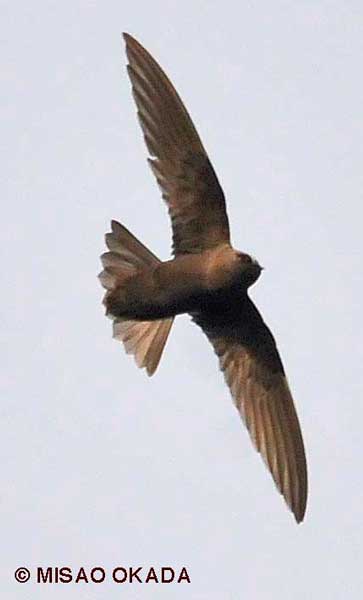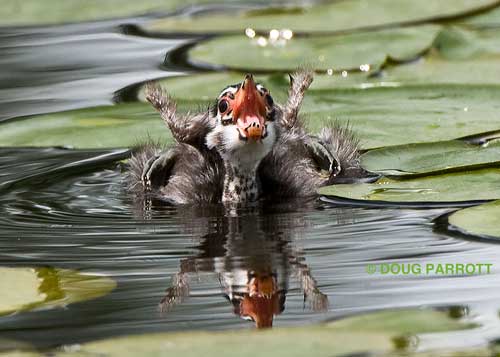I suppose someday, in our steady march toward constructing the Theory of Everything, we will know all there is to know about the lives of Black Swifts, one of the most secretive and mysterious birds in all the world.
Black Swifts are scimitar-shaped flyers who spend most of their lives somewhere in South America – no one knows where. They arrive here in June on their way to nesting sites in the Cascades – exactly where is nearly impossible to say. Fewer than a hundred nests are known anywhere in North America.
In the early mornings of the summer, when storm clouds gather over the foothills to the east, the swifts leave their mountain fasts and wing their way to us down here in the lowlands. They come to hunt insects on the fly, soaring so quickly overhead they can appear out of nowhere and vanish if you blink your eyes. Like magic.
Magic has a bad name these days. We say it is merely illusion, or primitive ignorance, or childish belief in the supernatural. Science has taught us there is no monster under the bed, no voodoo that can make your unpleasant boss feel like she’s being poked with pins. Science has explained to us why the sun rises in the east and sets in the west, day after day, without any incantations from us. Science tells us why and when the rain will come, how disease can kill or be cured. Science invented cell phones and explains how they work, though they still seem magical to me. Science has yet to figure out why my husband’s imitation of Dr. Strangelove is so funny, but it’s only a matter of time until Science has distilled every thought and feeling into chemistry. Bit by bit, science is driving out magic, and I guess that’s a good thing.
But I hope that science never drives out wonder. When a Black Swift floats a few feet above my head, as one did earlier this week, and his button-black eyes stare into mine, and he spreads out his wings and his little forked tail to hover over me like a dark angel, he is wonderful. My heart soars with him, and I am wonder- full.



